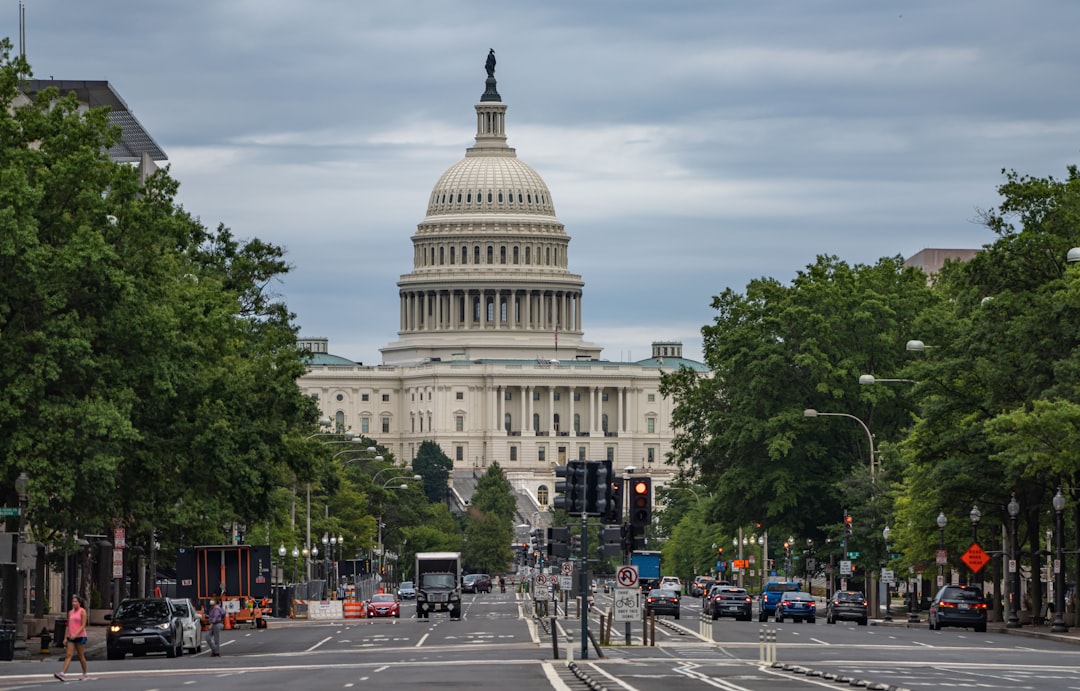The government's up in delivery’s business
The apps say regulators don't get it; the government says it's trying to protect consumers.

Restaurant delivery is not a luxury, according to several top Senate Democrats.
In a letter sent to the CEOs of DoorDash and Uber last week, U.S. Senators Elizabeth Warren, Bob Casey, and Ben Ray Lujan assert that delivery apps profiting from delivering food hurt American consumers. It’s the latest move to kill what they call “junk fees,” the often unexpected charges that show up on a bill just before it’s time to pay.
The letter asks highly specific questions about fees the companies charge customers. What are they? What costs do they say they cover? What costs do they actually cover? And how much of those fees go to delivery workers versus executive compensation? It requests answers by May 15.
Obviously, the platforms aren’t happy about this, disputing the government’s characterization.
"The fees for orders on Uber Eats help pay delivery people and cover platform costs…so that orders can arrive reliably. Fees are always presented to consumers before checkout, and merchants are in full control of their prices on the app,” an Uber spokesperson told me over email today.
A DoorDash spokesperson recently told Restaurant Business that there is no connection between the fees and executive compensation. Further, “facts matter,” a spokesperson wrote in an emailed statement to Expedite today. The spokesperson said the Senators’ letter “completely misrepresents how DoorDash operates, and demonstrates a disappointing misunderstanding of the important economic value our platform provides for millions of workers, small businesses, and consumers.”
It’s the same sort of spin we’ve heard from the delivery companies as they addressed past government intervention including minimum wage requirements and commission caps in certain jurisdictions. For example: In a recent statement to Vox addressing delivery minimum wages imposed in New York City and Seattle, Uber said there are “consequences to bad regulations and we made these consequences clear in repeated testimony that both cities chose to disregard.”
And in a blog post explaining changes to how it operates in New York due to the mandated wage, DoorDash said, “The City offered two options — both deeply flawed — for how platforms like DoorDash could meet its new minimum pay rules.”
Is the government taking a too-simplistic view of food delivery? The apps say yes. The government says no. What’s really going on?


